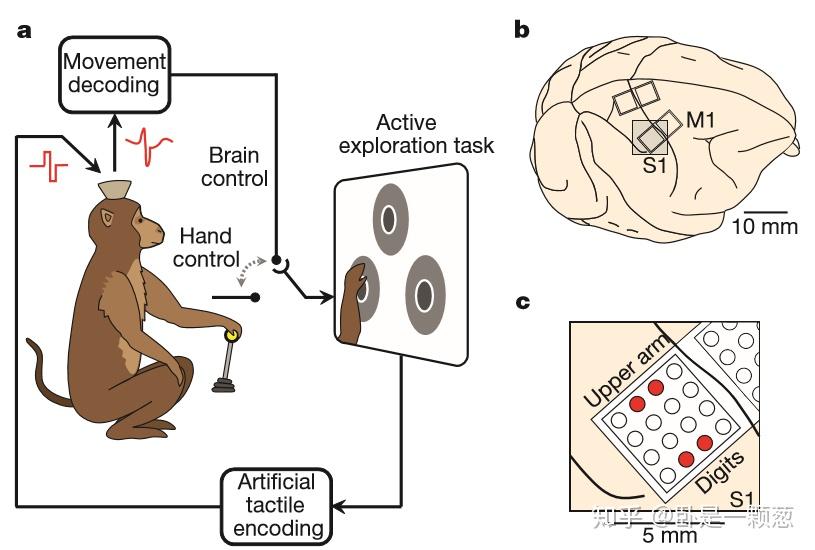|
In today's digital age, information security has become a critical concern for individuals, businesses, and governments alike. With the increasing reliance on technology and the exponential growth of data, safeguarding sensitive information has never been more important. This article explores the significance of information security and highlights key areas of focus in protecting data from cyber threats. One of the primary reasons why information security is of utmost importance is the rise in cybercrime. Hackers and malicious actors are constantly evolving their tactics to exploit vulnerabilities in computer systems and networks. From stealing personal information and financial data to launching large-scale cyber attacks, the potential harm caused by these cybercriminals is significant. Therefore, implementing robust information security measures is crucial to defend against these threats. Data breaches have become all too common in recent years, with major companies falling victim to cyber attacks. These incidents not only lead to financial losses but also erode customer trust and damage brand reputation. As a result, organizations must invest in comprehensive security strategies that encompass preventive measures, such as firewalls and encryption, as well as incident response plans to minimize the impact of potential breaches. Another aspect of information security that deserves attention is the protection of individual privacy. In an era where personal data is collected, analyzed, and monetized by various entities, ensuring the confidentiality and integrity of personal information is paramount. Privacy regulations, such as the General Data Protection Regulation (GDPR), have been implemented globally to empower individuals and hold organizations accountable for how they handle personal data. Furthermore, the rapid proliferation of connected devices through the Internet of Things (IoT) has significantly expanded the attack surface for cyber threats. With interconnected smart devices ranging from smartphones and smart home appliances to industrial systems, securing these endpoints is crucial. Strengthening device security, regularly updating software, and implementing network segmentation are some of the measures that can mitigate IoT-related risks. The field of information security continues to evolve as new technologies emerge. Artificial intelligence (AI) and machine learning (ML) are being leveraged to enhance threat detection and response capabilities. These technologies can analyze vast amounts of data, identify patterns, and detect anomalies in real-time, enabling organizations to proactively defend against sophisticated cyber attacks. In conclusion, information security has become an essential aspect of our digital lives. As technology advances and threats evolve, protecting sensitive data requires a multi-faceted approach. A comprehensive information security strategy should encompass preventive measures, incident response plans, privacy protection, and the adoption of emerging technologies. By prioritizing information security, individuals, businesses, and governments can navigate the digital landscape with confidence and mitigate the risks associated with the ever-evolving cyber threat landscape.  |
